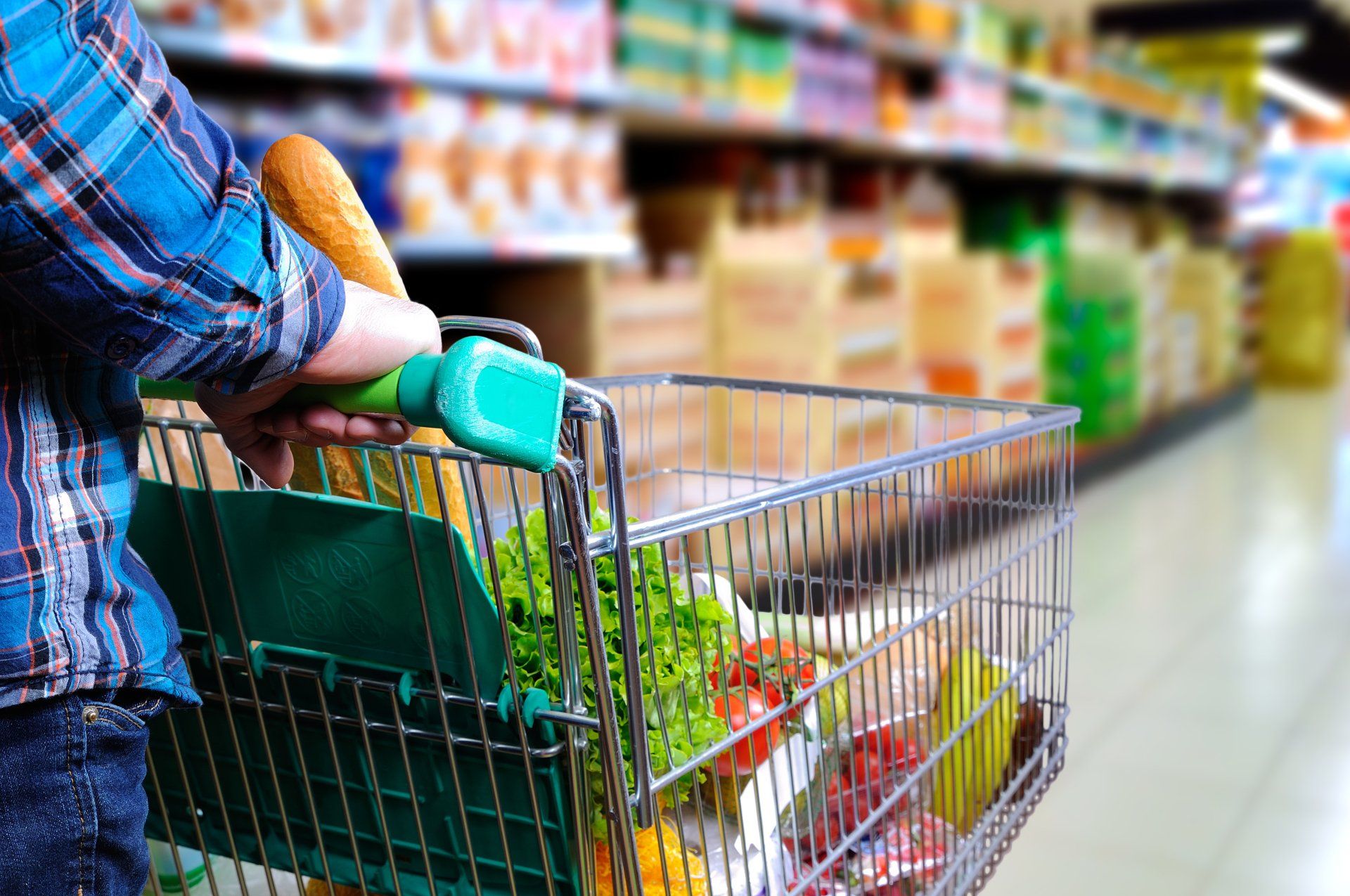Retailer competition in a post-COVID world
The retail industry faced many challenges when the pandemic hit in 2020. During the first lockdown, consumer behaviours changed dramatically. These changes forced retailers to learn how to adapt quickly to meet increased demands in e-commerce and local shopping. The pandemic generated five years’ worth of growth in online market share in a matter of weeks. With customer behaviours constantly changing, how can retailers maintain customer loyalty and keep up with their competitors once life finally returns back to normal?

Consumer Behaviour
The COVID-19 crisis had an unprecedented impact on retail in the UK. Over the course of a month, footfall in UK high streets, shopping centres and retail parks reduced dramatically by 89.9%. However, retail spending increased and online sales have soared. Retailers are continuing to provide essential services but have found that COVID-19 restrictions have affected their sales. Social distancing rules and regulations limited the number of customers who can be shopping in a store at the same time. However, strict restrictions on the hospitality industry, such as pubs and restaurants, have increased sales for supermarkets.
COVID Boom: The rise of Ecommerce and Local Shopping
Unsurprisingly, sales have skyrocketed for most supermarket categories but 'on-the-go' purchases declined in-store. During the first 12-weeks the pandemic, ecommerce saw extreme growth in popularity; this boost was significant for the popular online retailer Ocado, whose sales increased by 32.5%.
During the first lockdown, The Co-operative saw a 30.8% growth in sales. As consumer trends shifted to stockpiling, people resorted to increasing their shops for frozen food at Iceland. This behaviour increased sales by 28.6%, achieving its highest market share since 2000.
By the end of July 2020, the UK saw retail sales grow by 13.9% from May to June, generating the boost that the High Street desperately needed.
Adjusting to Keep Demand
Retailers had to learn how to adjust quickly due to high demands in-store, and for click-and-collect and online orders. According to Tesco’s CEO, Dave Lewis, the chain had already prepared for a doomsday scenario. Remote working kits were distributed, and teams have already been using Zoom to gather hundreds of staff over the last two years. Tesco hired 47,000 additional staff to help cope with demand, some under temporary conditions.
Online grocery shopping changed drastically; the capacity for delivery and click and collect slots nearly doubled within six weeks. Many vulnerable and unwell consumers switched to ordering groceries online as a result of the pandemic. 90% of all online shopping is hand-picked in stores. Tesco hired an extra 12,000 new pickers, 4,000 drivers, and 400 extra vans to cope with the demand.
The Co-operative hired 7,000 temporary workers and launched a new and innovative online platform, linking volunteers with people in need. This site was visited more than 100,000 times. Major initiatives were taken to improve pay and benefits for employees, with added diversity commitments, while also relaunching the membership scheme with an increased focus on the community.
Loyalty
Once the pandemic is over and the nation returns to normal life, retailers will see a decrease in customers as people flock back to pubs and restaurants. It is vital for retailers to maintain customer loyalty as their competition grows.
Tesco has had a Clubcard for many years, but they recently added an exclusive Clubcard price. If customers sign up for a Clubcard, they will have access to discounted Clubcard prices and obtain points which can be exchanged for vouchers.
The Co-operative also has a loyalty card, allowing customers to obtain rewards, special deals, and discounts for future purchases. Membership cards are mostly electronic, in retailer apps or a downloadable loyalty card that can be saved in a phone’s wallet.
How are these loyalty schemes paying off? Nationwide, 80% of retailers state that loyalty programmes have become popular during 2020, believing they will be successful. Customers who sign up for loyalty cards create a bond with the retailer; they form trust and comfort, generating an incentive for local customers to revisit the shop. These loyalty programmes are vital if retailers want to maintain long-term success.
The Retail Competition: 2020 Versus Today
Consumers spent nearly £12bn in December, purchasing more fresh produce in preparation for Christmas. This was the highest month on record for supermarkets in the UK. Shoppers spent £11.7bn for take-home groceries, 700 million more than in November; a direct effect from restaurants and pubs shutting over lockdown.
Over the Christmas period shoppers spent more in independent stores, increasing sales by 17.4%. The fastest growing chain was Iceland with sales up by more than a fifth. Ocado saw a 36.5% growth in sales, three times the rate of Tesco, Sainsbury’s, and ASDA. This highlighted the consumers shift towards online purchasing. In December 2019, just 7.4% of grocery sales were done online, but in 2020 the number nearly doubled to 12.6%.
It is predicted that online and in-store grocery purchases will see a reduction of 1.6% this year. When restaurants and pubs reopen, they will target customers who are desperate to eat outside of their homes. However, these predictions depend on when restrictions will end and if there are any future lockdowns.
RMI in a post-COVID World
We understand that the competition will be tough when normal life resumes. A post-COVID world is not about surviving but thriving.
RMI has proudly helped clients throughout multiple lockdowns in the last year. If you would like any support or advice on how to improve sales in Iceland, Co-operative Societies, Morrisons, and/or TiSN please do get in touch with us at hello@rmi.co.

